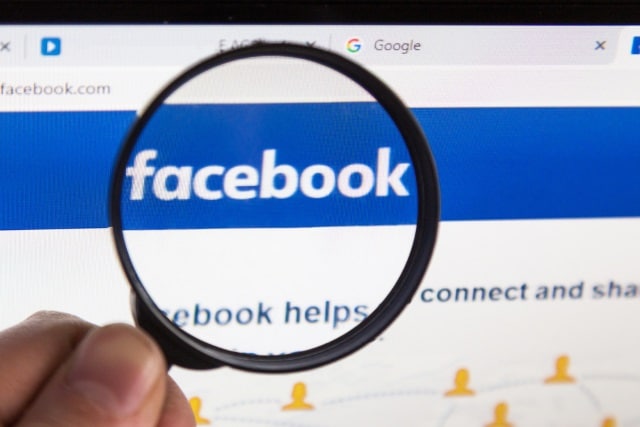Facebook says it is 'open to meaningful regulation' following damning report of the 'digital gangster' that considers itself 'ahead of and beyond the law'

A detailed report about fake news by a parliamentary committee in the UK has accused Facebook of being a "digital gangster" that has deliberately broken privacy and competition laws. The report by the Digital, Culture, Media and Sport select committee calls for the social network to be subject to statutory regulation.
The report comes after an 18-month investigation, and it is damning of Facebook and its executives in general, and Mark Zuckerberg in particular. Criticism is levelled at the lack of action taken against fake news and misinformation on the social network, and there is concern that current election laws were not enough to prevent sites such as Facebook being used by hostile foreign agents to interfere with the democratic process.
See also:
- Facebook is ready to fight back against anti-vaxxers
- Health experts call on Facebook to close anti-vaxxer groups
- Open letter signed by Mozilla demands Facebook take 'real action' against disinformation
- Germany bans Facebook from combining user data collected from Instagram and WhatsApp
Running to 108 pages, the report is entitled Disinformation and "fake news", and it calls for an independent regulator to be oversee technology companies. It also recommends a compulsory Code of Ethics should be put in place, and that the independent regulator be given the power to start legal action against code violations.
It also singles out Facebook saying that the social media giant "intentionally and knowingly violated both data privacy and anti-competition laws".
The chair of the Digital, Culture, Media and Sport select committee, Damian Collins, said:
The big tech companies are failing in the duty of care they owe to their users to act against harmful content, and to respect their data privacy rights.
Companies like Facebook exercise massive market power which enables them to make money by bullying the smaller technology companies and developers who rely on this platform to reach their customers.
These are issues that the major tech companies are well aware of, yet continually fail to address. The guiding principle of the "move fast and break things" culture often seems to be that it is better to apologise than ask permission.
Going on to speak specifically about Facebook, Collins says:
Much of the evidence we have scrutinised during our inquiry has focused on the business practices of Facebook; before, during and after the Cambridge Analytica data breach scandal.
We believe that in its evidence to the Committee Facebook has often deliberately sought to frustrate our work, by giving incomplete, disingenuous and at times misleading answers to our questions.
Even if Mark Zuckerberg doesn't believe he is accountable to the UK Parliament, he is to the billions of Facebook users across the world. Evidence uncovered by my Committee shows he still has questions to answer yet he's continued to duck them, refusing to respond to our invitations directly or sending representatives who don't have the right information. Mark Zuckerberg continually fails to show the levels of leadership and personal responsibility that should be expected from someone who sits at the top of one of the world's biggest companies.
There are calls for a "radical shift in the balance of power between the platforms and the people" and suggestions that legislation must be introduced.
Facebook has responded by saying that it has already changed, and is no longer the same company as when the investigation started. Public policy manager for Facebook, Karim Palan, said: "We are open to meaningful regulation and support the committee's recommendation for electoral law reform".
Image credit: Alexei Zatevakhin / Shutterstock